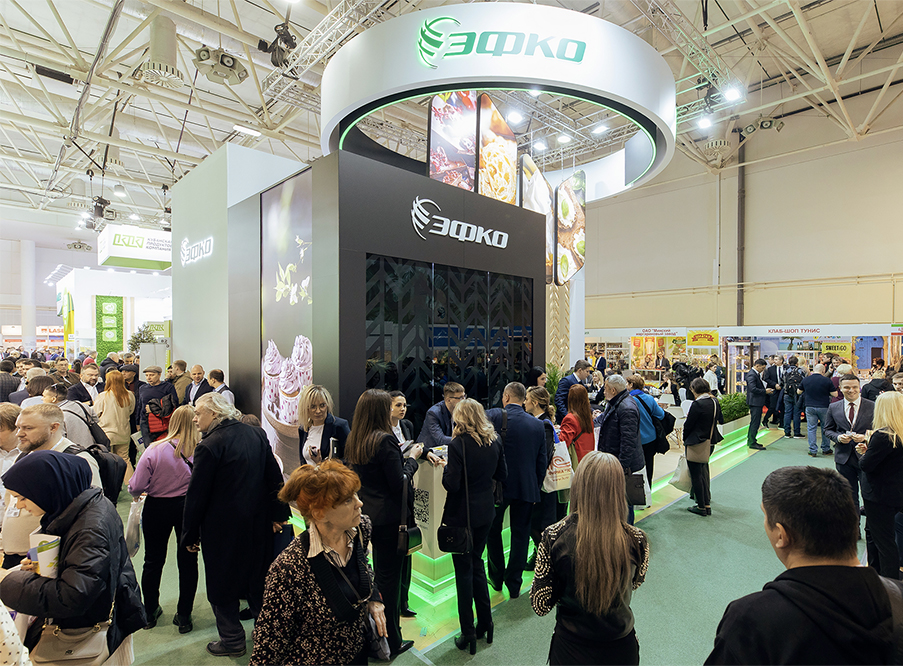French fries, pasties, donuts, chak-chak ... Frying oil is the key to a crispy golden crust. How to choose the right cooking oil and how to avoid mistakes when using it? The technologists of the oil and fat division spoke about this during a seminar for partners, which was held at the Food of the Future R&D center.
Deep-fried products are our forte, in 2022 most large catering chains switched to EFKO oils. Now we are happy to meet with technologists and heads of enterprises to sort out all the issues that relate to the production of fried products.
In the production of cooking oil, we always start with an analysis of the raw materials - the vegetable oils that we will use. We take samples and evaluate. The raw material is then sent to production. Before shipment to partners, cooking oil is checked by a tasting commission. Taste, aroma. The tasting is blind - all samples are encrypted. We check the physico-chemical parameters - this is already in the laboratory. Moreover, we test deep-fryers – we fry the products and see how the oil behaves during the frying process.
“We have committed ourselves to making the production chain completely transparent - from raw materials to finished products, - notes Svetlana Babicheva, technologist at EFKO Group. - only products that meet all quality and safety requirements.”
One of the most common questions among manufacturers is how to slow down oil oxidation? Choose a frying oil with antioxidants. There are many types: synthetic, based on vitamins and plant extracts, such as rosemary extract. We produce frying oils with natural antioxidants based on tocopherol and ascorbic acid.
Smoke generation is a common problem in deep frying. Smoke appears for various reasons: the temperature is too high, there are crumbs from the previous frying in the deep fryer, the oil is not filtered or simply used too long.
You can check the condition of the oil using indicator test strips, portable deep-frying instruments, or a laboratory method.
“The method of assessing oil using indicator test strips is easy to use and does not require special education,” - notes Sofya Tokar, technologist at EFKO Group. - You can also use the Testo appliance - you just need to lower it into the fryer. Evaluation of oil quality and temperature takes only 20 seconds. When the oil needs to be changed, it will show critical values. The most accurate method, of course, is laboratory: determination of acid, peroxide and anisidine numbers. Such an assessment should be carried out by a specialist with specialized education, this method requires more time.”
Our experts demonstrated to the partners the quality of Oilmix frying oil from EFKO - they fried cronuts - puff donuts and donuts - yeast doughnuts. "Oilmix" not only withstands a large number of roasts, but also helps to get a golden crust, emphasizes the taste and aroma of products.
“This year, our frying oil Oilmix received a gold medal in the Best Product competition at the PRODEXPO-2023 food exhibition, - said Yulia Grigorova, Deputy Director of the Oil and Fat Division for Margarine products of EFKO Group of Companies. – This award is one of the most honorable for manufacturers, and the quality mark is a competitive advantage in the market. We offer partners a full range of technology support, including educational events such as today's meeting. Together we find optimal solutions that help create new delicious products.”



